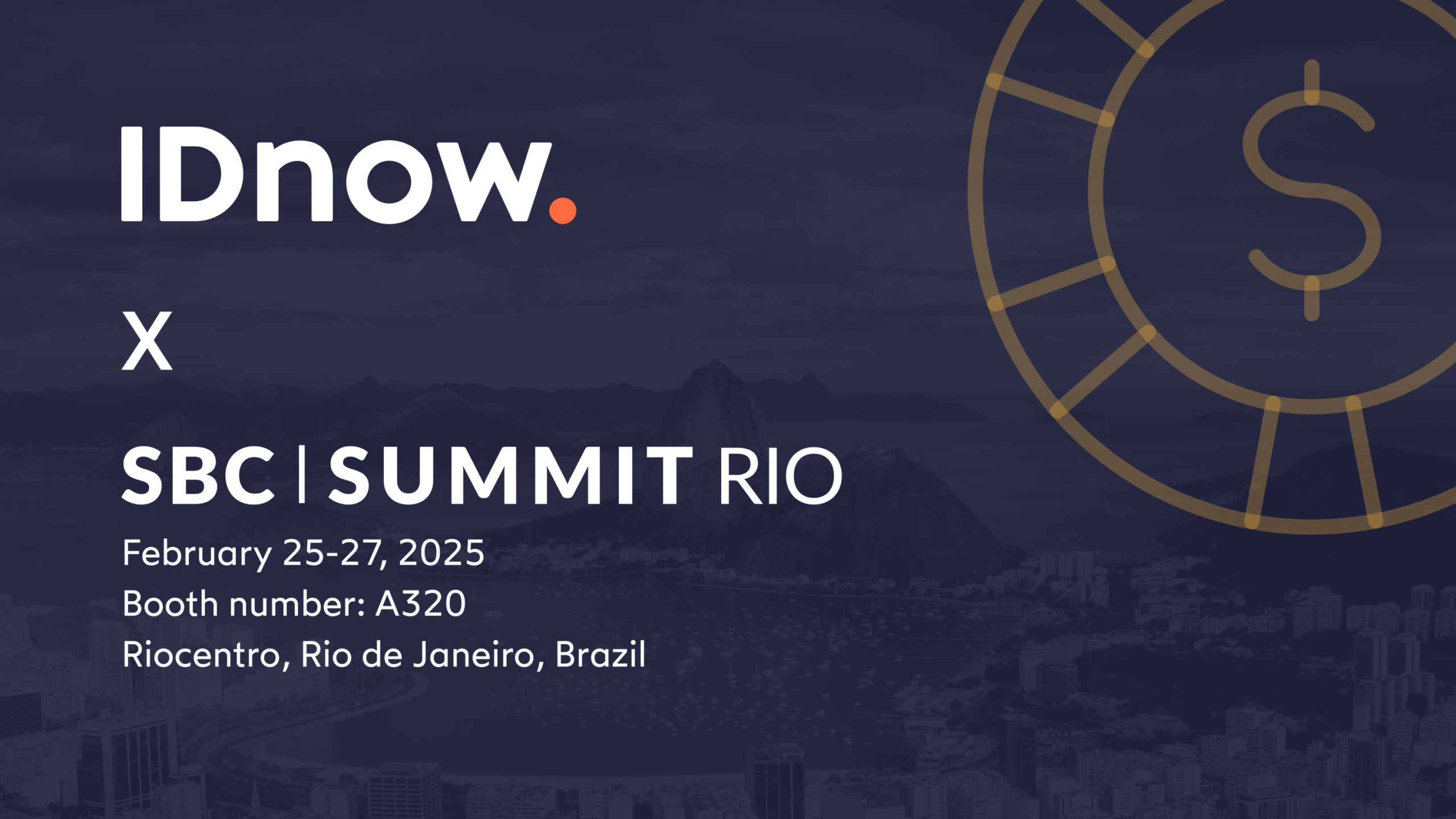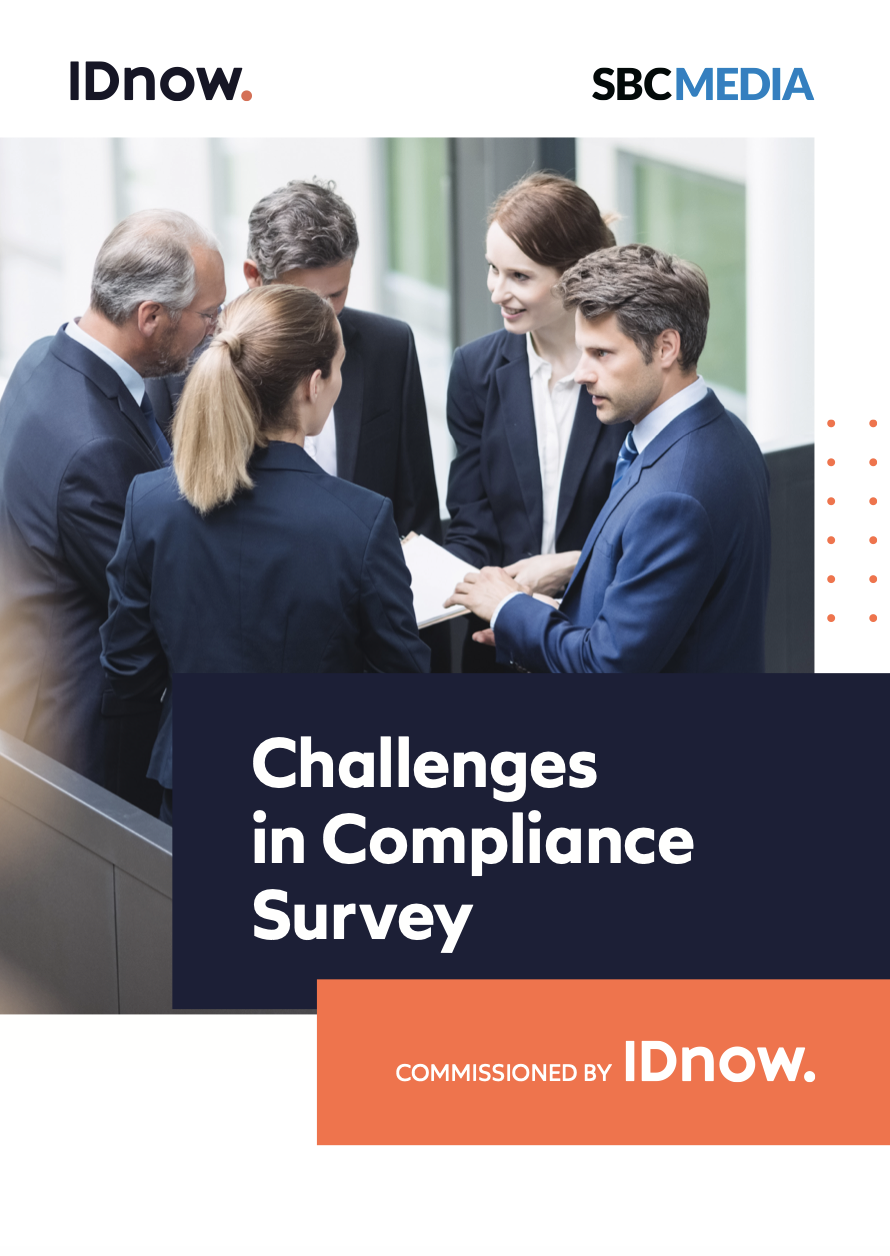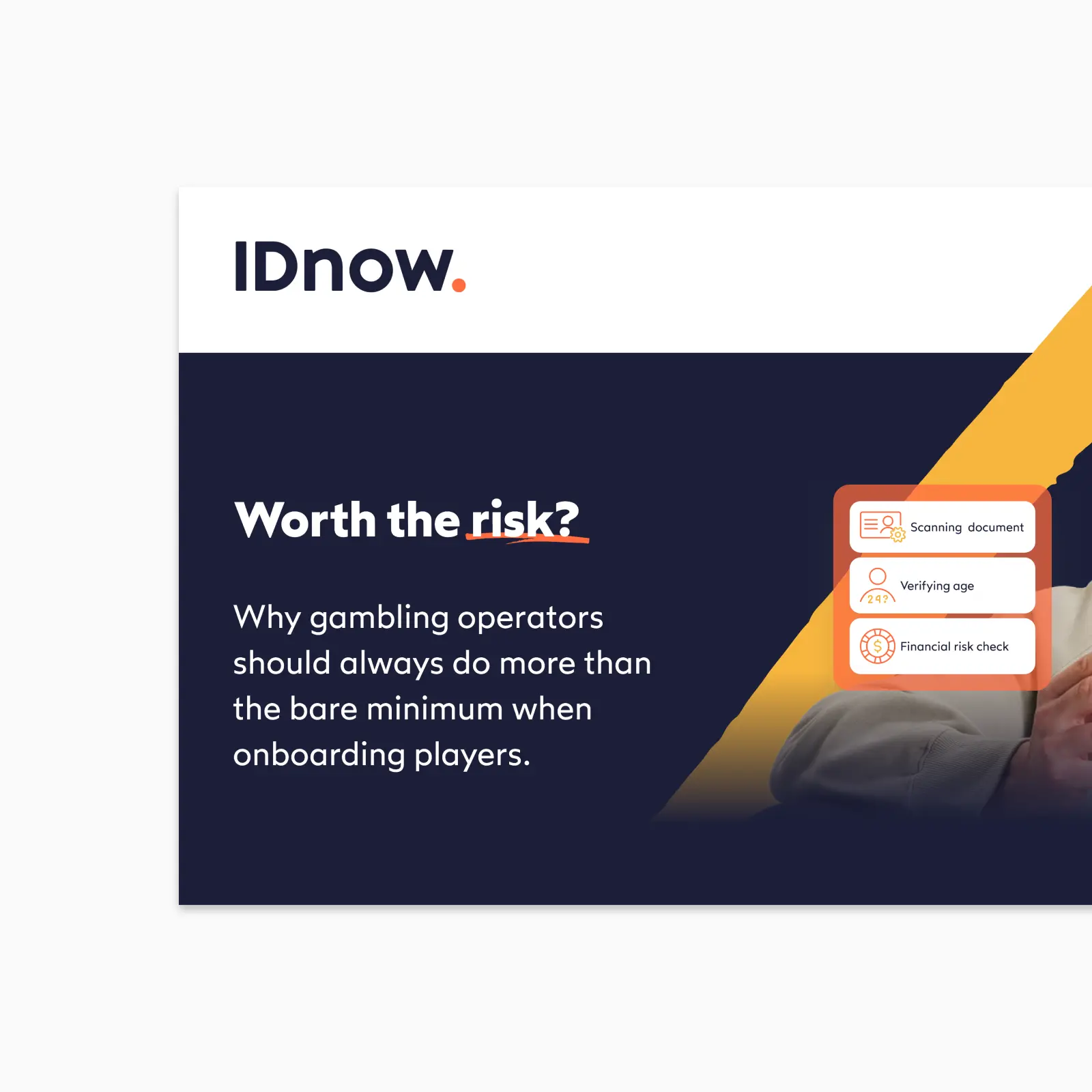On January 1, 2025, Brazil finally launched its regulated betting and online gambling market. Here, we explain everything operators need to know to expand into perhaps the world’s most lucrative market.
Despite the absence of a regulatory environment, online gambling has always been big business in Brazil. In fact, in 2022, Brazil still managed to generate over 20% of all global online gambling traffic.
It is no overstatement to say that online gambling is huge in Brazil, with 86,43% of sports fans admitting to using online betting services. Until now the lack of legislation and licensing for gambling meant other countries benefitted from Brazil’s keen interest in the iGaming market. In the past, these lack of regulations forced many players to either use foreign gambling platforms or Brazilian-owned platforms headquartered abroad. In a bid to capture what is viewed as lost revenue (a projected $1.5 billion in 2023), Brazilian authorities have finally introduced new regulations to bring billions back into the Brazilian economy.
2024 was characterised by the release of ordinances, detailing regulatory specifics, alongside a last minute warning for all aspiring regulators to apply for a license or face the consequences. Read all about it in our blog, ‘Time’s up: Urgent warning issued to all unlicensed gambling operators in Brazil.’
Discover ‘How to onboard players in Brazil without compromising on compliance or CX’ here.
Before we look at the new regulations and share everything operators need to know to take advantage of the burgeoning market, let us begin by looking into the history of Brazilian gambling.
SBC Summit Rio

Brief timeline of Brazilian gambling regulation.
Gambling has enjoyed a long-standing place in the heart of Brazilian culture. Until the early 1940s, games of chance, like rolling dice, were a popular activity until the then President introduced a blanket ban. The belief is that this was driven by his and his wife’s devout religious views.
The ban remained in place until the 1970s, when state-owned lotteries were permitted. Then, in the mid-1980s, betting on horse racing was allowed, followed in 1993 by the Zico Act, which legalized commercial bingo and slot machines. However, the 1998 Pele Act revoked commercialized bingo, leaving only non-commercial games permissible.
The only game that has remained legal in the Brazilian gambling market is poker (besides state-sponsored lotteries) as this has always been regarded as a game of skill rather than chance. Even now, poker remains completely unregulated, however this may change with upcoming regulations.
Discussions regarding the regulation of Brazilian betting and online gambling regulations have been ongoing since 2018, when Congress authorized the federal government to regulate online sports betting. A four-year timeframe was set for the government to implement a licensing regime, which expired in 2022. It was then decided that the regulatory regime should go through Parliament as a legislative bill, not as an emergency measure by the Ministry of Finance.
Further steps toward legalizing and maintaining a safe regulation of gambling in Brazil began in March 2023, with the formation of Associação Brasileira de Defesa da Integridade do Esporte (ABRADIE). ABRADIE is a not-for-profit company founded and run by a wide range of sports and gambling legislation experts to provide a safe and secure environment for those partaking in online gambling in Brazil. The organization’s mission is to ensure the new Brazilian gambling licensing structure protects all relevant parties from fraud and other nefarious practices that can run rampant through the industry.
In July 2024, Brazil’s regulatory process for online gambling, which included detailed ordinances, was finally completed and published. These included a detailed AML and responsible gambling ordinances, which listed the end-to-end KYC requirements that operators must comply with to ensure player protection and prevent financial crime.
The new rules impose strict requirements on both local and international operators, including financial thresholds and rigorous background checks to ensure transparency and prevent money laundering. A mandatory fee structure for license applications was also established, ensuring that only financially stable and well-regulated companies could enter the market.
132 operators applied for a gambling license before the initial October 1, 2025 deadline, with many approved by the Secretariat of Awards and Betting under the Ministry of Finance. From January 1, 2025, they have been able to operate under the new bet.br domain; other gambling domains, including .com, will be blocked. Blocking these illegal sites will be no easy task, however, with a purported 2,000 illegal sites still operational in Brazil at the turn of 2024. Operators can apply for licenses at any time.
Any that continued to operate would be subject to having their websites blocked and fines of up to R$2 billion (US$354 million).
The road to Brazilian gambling regulation.
Brazilian gambling regulations will add security and governance, and also, of course, permit the formation of new domestic-based companies. In fact, one of the core factors driving the need for licensing is monetary. It is worth noting that Brazil’s surge in online gambling has coincided with the decline of the Brazilian economy, which has dropped from being the world’s 7th largest economy to the 13th in just over a decade.
By introducing gambling permits and online betting licenses in Brazil, the authorities aim to cash in on the immense tax revenue potential.
Online gambling in Brazil is expected to grow by around 20% by 2027. These optimistic projections reinforce the importance and need for online gambling regulations and licensing practices in Brazil.
Challenges in Compliance Survey

10 most important rules in Brazil’s new gambling regime.
- Foreign operators are now barred from offering services and all operators must be based in Brazil.
- Operators are liable to pay 12% revenue tax in addition to federal and state taxes.
- All authorized gambling operators must use the bet.br domain to be distinguished from unauthorized platforms.
- Credit cards are no longer a valid form of payment. Only debit cards or Pix (the Brazilian instant payment system ecosystem) will be accepted.
- Operators are mandated to meet a range of integrity, responsibility and honesty requirements as proposed by the ABRADIE and IBJR.
- Players are subject to a 15% tax on winnings, which is a significant reduction on the initially proposed 30% tax.
- A Brazilian gambling license will cost R$ 30 million (US$ 6.1 million) and last for five years.
- Companies that operate without a license face having their websites blocks and fines of up to R$2 billion (US$354 million).
- Operators must perform rigorous age and identity verification before registration to ensure players are over 18 and do not feature on any government restriction lists, PEPs and Sanctions.
- Operators are required to follow strict advertisement rules, including not advertising to those under 18 or using under 18 models in advertisements and promotional materials.
Licenses, compliance and regulatory bodies.
Operators that wish to obtain a gambling license are required to apply to the Secretariat of Awards and Betting under the Ministry of Finance. A major challenge in opening up the Brazilian market to legalized gambling is to ensure the correct levels of compliance and protection are in place. As such, operators will be required to adhere to consumer protection standards in order to protect users’ personal data, uphold AML measures and promote responsible gambling.
To help address potential gambling-related harm and addiction, a working group has been formed to develop an action plan, comprised of representatives from the Ministries of Finance, Health, Sports, and the Secretariat of Social Communication.
“The focus is on developing strategies to prevent, mitigate harm, and offer support to individuals and communities affected by compulsive gambling practices or in vulnerable situations, considering the context of fixed-odds betting,” said the group in a press release.
The key to establishing satisfactory regulatory compliance for Brazilian gambling will be to ensure that stringent fraud and anti-money laundering measures are in place. A vital part of this will be to establish strict and well-monitored checks for fraud protection and identity proofing.
Challenges and controversies.
Changing a country’s gambling laws and introducing new regulations for an already multi-billion dollar industry is understandably not without challenges or controversies.
One of the core concerns is the social impact of introducing a regulated Brazilian gambling licensing structure. The safety of players, many who may be gambling for the first time, should be paramount to the Brazilian authorities. While legalizing gambling has opened up the sector to increased numbers of operators and customers, it has also resulted in increased risk of fraud, match-fixing, and other fraudulent activities that could cause irreparable harm. Ensuring due attention is paid to creating and enforcing safety rules, and responsible gambling measures must come first and foremost in operators’ plans.
The economic boost created by gambling legislation in Brazil is understandably appealing for new and old operators alike. However, in the race to become licensed, it is important to strike a balance between maximizing profitability and ensuring the safety of all parties.
Ronaldo Kos, LATAM Gaming, IDnow
Non-negotiables when choosing an identity verification provider.
It is of utmost importance to choose an identity verification provider that can meet the KYC requirements of the Brazil market and be able to perform the following:
- Process a wide range of different Brazilian identity documents.
- Gather customer information, such as full name, date of birth and valid identification documents.
- Verify citizens’ CPF numbers and ensure they do not appear on any of the various government-mandated restriction lists.
- Perform mandatory facial biometric verification for registration, with regular facial re-verifications a requirement.
- Screen for player affordability
Operators must also monitor transactions for suspicious activity to prevent money laundering, fraud and underage gambling. The goal of these KYC measures is to enhance consumer protection, promote responsible gambling and ensure compliance with Brazil’s broader efforts to create a transparent and secure gambling environment. Non-compliance with these requirements can result in severe penalties, including the loss of the operator’s license.
Successful gambling licensing models.
To introduce a successful gambling licensing model, new markets like Brazil and Peru have the benefit of being able to learn from the experiences of other markets, such as Ontario or Malta, as well as the International Association of Gaming Regulators (IAGR). The IAGR consists of representatives from gaming regulatory organizations throughout the world, including ABRADIE, which meet and exchange knowledge on best regulatory gaming practices.
The UKGC gambling licensing structure [which also went through major revisions in 2024 to bring it up-to-date with the online gambling era] provides a fantastic framework for successful licensing regulation and is a good case study for new entrants to the online gambling market. Read more about the process for obtaining a UK gambling license here.
Technological advancements and future legislation.
The introduction of a Brazilian gambling licensing structure has seen gambling legalized for the first time since the 1940s, opening up a world of possibilities for new and existing Brazilian-based gambling companies.
Creating a safe and secure regulated environment for the Brazilian gambling market has been no small task and is likely to be ongoing for many years to come.
Rigorous identity verification processes and fraud protection measures will become pivotal in ensuring the brave new regulated world of sports betting and online gambling thrives in 2025 and beyond. With IDnow’s Brazil-ready identity verification services, you can rest assured that our highly configurable platform works across multiple regulations, industries and use cases. Our advanced identity proofing features like document authentication, selfie liveness features, Cadastro de Pessoa Física (CPF) validation, and Anti-Money Laundering (AML) checks ensures Brazilian gambling operators can offer a safer and more secure gaming experience.
Read more about our Brazil-ready identity verification services.
Discover ‘How to onboard players in Brazil without compromising on compliance or CX’ here.
Brazilian gambling FAQs.
What types of gambling activities are allowed under the Brazilian licensing structure?
Historically, the only forms of permitted gambling were state-owned, such as lotteries and horse racing. However, from January 1, 2025, sports betting and online gambling will be allowed to be offered by those who have received state-issued gambling licenses.
How does Brazil’s taxation system for gambling operators work
The Brazilian taxation system for gambling operators works by taxing operators 12% of their GGR. This taxation will be spread across several government funds, primarily the Social Security budget, with an additional portion being appropriated to help track and prevent fraud and other illegal activities within the newly regulated space.
What responsible gambling measures are in place to address gambling addiction in Brazil?
Under the final gambling regulation drafts, all gambling or iGaming operators in Brazil must point out the dangers of gambling addiction.
Are foreign entities eligible to apply for gambling licenses in Brazil?
Foreign entities are eligible to apply for gambling licenses in Brazil, as long as the applicant company has at least 20% of its share capital held by a Brazilian shareholder (individual or company).
Does Brazil allow gambling?
For more than seven decades, Brazil has maintained a strict prohibition on the vast majority of gambling pursuits. Since the sweeping decree of 1941 that outlawed games of chance, the nation has permitted only two legal forms of gambling: state-controlled lotteries and wagering on horse racing events. Up until 2025, games of chance were entirely illegal.
What is the legal gambling age in Brazil?
The Brazilian Civil Code classifies bets as contractual agreements, hence permitting only individuals aged 18 and older to engage in legal gambling activities.

Roger Redfearn-Tyrzyk
VP Global Gaming at IDnow
Connect with Roger on LinkedIn
How gambling operators should really be onboarding players.
Most common fraud attacks that gambling operators were subjected to in 2023.
Size of some of the most popular global gambling markets.
The steps required to legally onboard players in nine different countries




